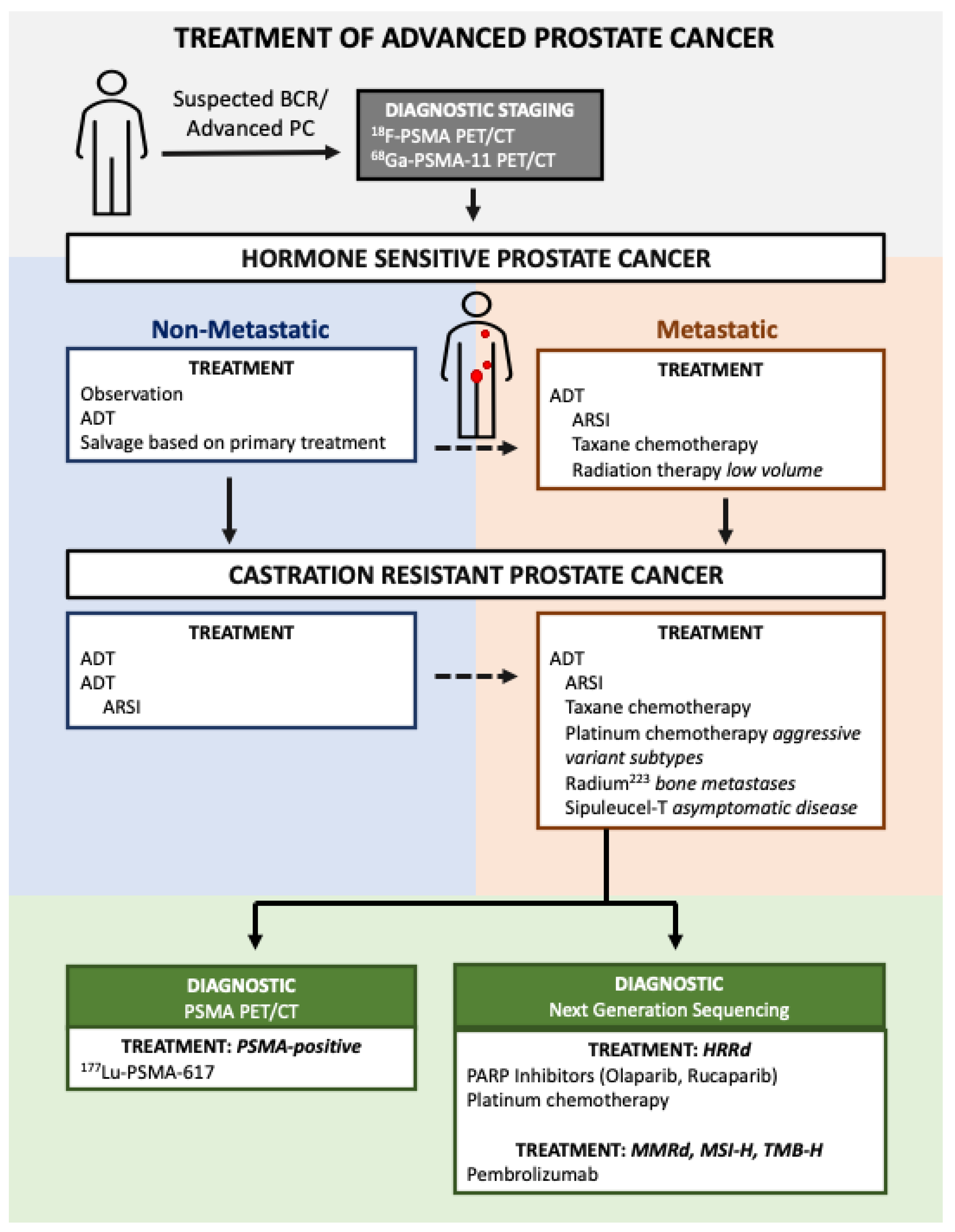Examine This Report about Best Prostate Cancer Doctor In Mumbai
Examine This Report about Best Prostate Cancer Doctor In Mumbai
Blog Article
Effective Prostate Cancer Cells Therapy Options for Guy
Prostate cancer cells is a prevalent issue amongst males, with treatment alternatives differing depending on the phase and aggression of the condition. In addition, techniques like careful waiting and energetic security are obtaining recognition for their function in taking care of prostate cancer.
Surgery as Treatment Alternative
Surgical treatment stands as a primary treatment alternative for prostate cancer people in situations where the condition is localized and surgical procedure is deemed appropriate by the healthcare group. Prostate cancer cells surgical procedure intends to get rid of the cancerous tissue from the prostate gland, either partly (prostatectomy) or completely (radical prostatectomy) The choice to select surgical treatment is usually based upon various variables, including the stage of cancer, the patient's overall wellness, and prospective negative effects.
One common medical technique is robotic-assisted laparoscopic prostatectomy, which supplies accuracy and very little invasiveness contrasted to standard open surgery. This strategy uses robotic arms regulated by the specialist to remove the prostate gland with improved dexterity and visualization.
While surgery can be effective in removing localized prostate cancer, it may involve threats such as urinary system incontinence and impotence. Clients considering surgical treatment needs to participate in comprehensive discussions with their health care service providers to consider the advantages and possible disadvantages of this treatment option.
Radiation Therapy for Prostate Cancer
Having actually checked out the function of surgical treatment in dealing with localized prostate cancer cells, the emphasis currently changes to reviewing radiation therapy as another crucial therapy method for this illness. Radiation treatment utilizes high-energy rays to ruin and target cancer cells in the prostate gland. There are 2 key kinds of radiation treatment typically used for prostate cancer: outside beam of light radiation and brachytherapy.
Exterior light beam radiation entails guiding radiation from a machine outside the body in the direction of the prostate. This approach is usually provided daily over several weeks. On the various other hand, brachytherapy includes positioning radioactive seeds straight right into the prostate, providing radiation from within. This method permits an extra targeted dosage of radiation to the growth while decreasing direct exposure to bordering healthy and balanced tissues.
Radiation therapy can be a standalone treatment for local prostate cancer or used in mix with various other therapies, such as surgery or hormone therapy, depending on the phase and aggression of the cancer. Best prostate cancer hospital in Mumbai. Typical adverse effects of radiation treatment may include exhaustion, urinary concerns, and digestive tract troubles, which are typically short-term and can be handled effectively
Hormone Treatment in Prostate Cancer Cells
Hormonal agent treatment is a vital treatment strategy in managing prostate cancer, especially in instances where the cancer cells has actually spread beyond the prostate gland. Prostate cancer cells commonly rely on male hormonal agents, such as testosterone, to expand. Hormone therapy, additionally called androgen deprivation therapy, aims to either minimize the manufacturing of these hormonal agents in the body or obstruct their results on the cancer cells.
There are different types of hormonal agent treatment readily available for prostate cancer cells treatment. One common approach is using medications called LHRH villains and agonists, which work by reducing testosterone levels. An additional option is anti-androgens, which obstruct the action of androgens on the cancer cells. Some males may gain from a mix of these therapies to effectively handle the cancer.
Hormone treatment can help reduce down the progression of prostate cancer, reduce symptoms, and improve lifestyle. However, it is not a medicinal treatment and may come with adverse effects such as hot flashes, fatigue, and loss of sex drive. Regular surveillance and conversations with medical care suppliers are vital to handle the results of hormone therapy effectively
Immunotherapy for Prostate Cancer Cells
Immunotherapy has emerged as an appealing therapy technique for prostate cancer, offering new avenues for combating the disease. Unlike traditional treatments like surgical treatment or radiation, which directly target cancer cells, immunotherapy works by using the body's immune system to attack and identify cancer cells.
One form of immunotherapy being discovered for prostate cancer is checkpoint preventions. These drugs target proteins that protect against the immune system from acknowledging and attacking cancer cells. By blocking these healthy proteins, checkpoint inhibitors can improve the immune reaction versus prostate cancer cells.
Another strategy entails healing vaccinations, which stimulate the body immune system to target certain antigens located on prostate cancer cells. These vaccinations can aid the body immune system recognize and ruin cancer cells much more efficiently.


Watchful Waiting and Active Surveillance
In the realm of prostate cancer management, particularly for instances where aggressive treatment might not be instantly required, the strategy of watchful waiting and active monitoring plays a significant duty. Careful waiting includes monitoring the cancer without immediate treatment, stepping in only if the cancer cells shows indications of progression. This method is frequently thought about for older clients with slow-growing lumps or those with multiple wellness concerns where the dangers of therapy may exceed the advantages.
Energetic surveillance, on the various other hand, involves regular monitoring with PSA tests, digital rectal examinations, and routine biopsies. It is usually suggested for individuals with low-risk prostate cancer to carefully track any kind of modifications in the cancer's habits. If there are indicators of the cancer cells becoming extra aggressive, treatment choices can be reassessed.
Both watchful waiting and energetic surveillance aim to stay clear of unnecessary therapies and their prospective side effects, such as urinary system incontinence and erectile disorder, while making sure prompt intervention if the cancer cells proceeds. These approaches offer an equilibrium in between managing the cancer cells successfully and preserving the patient's lifestyle.
Conclusion

Prostate cancer cells surgical procedure intends to get rid of the cancerous cells from the prostate gland, either partly (prostatectomy) or completely (extreme prostatectomy)Having actually checked out the duty of surgical procedure in treating local prostate cancer cells, the focus currently shifts to discussing radiation treatment as another vital therapy technique for this illness.Hormone therapy is an essential therapy method in taking care of prostate cancer cells, specifically in situations where the cancer has spread out beyond the prostate gland. Watchful waiting involves monitoring the cancer without immediate therapy, stepping in just if the cancer shows indications of progression. It is commonly advised for patients with low-risk prostate cancer to very closely track any modifications in the cancer's actions.
Report this page